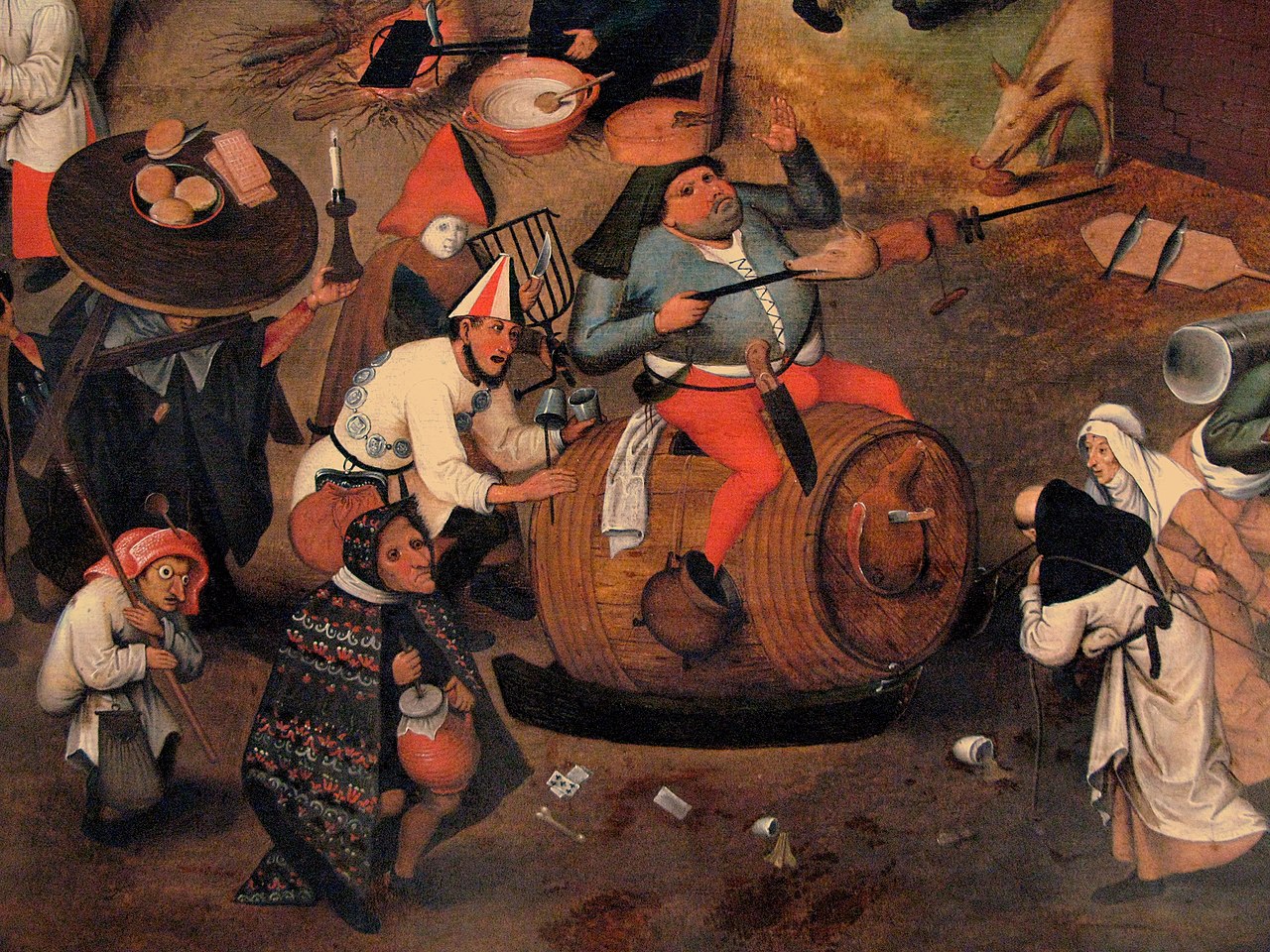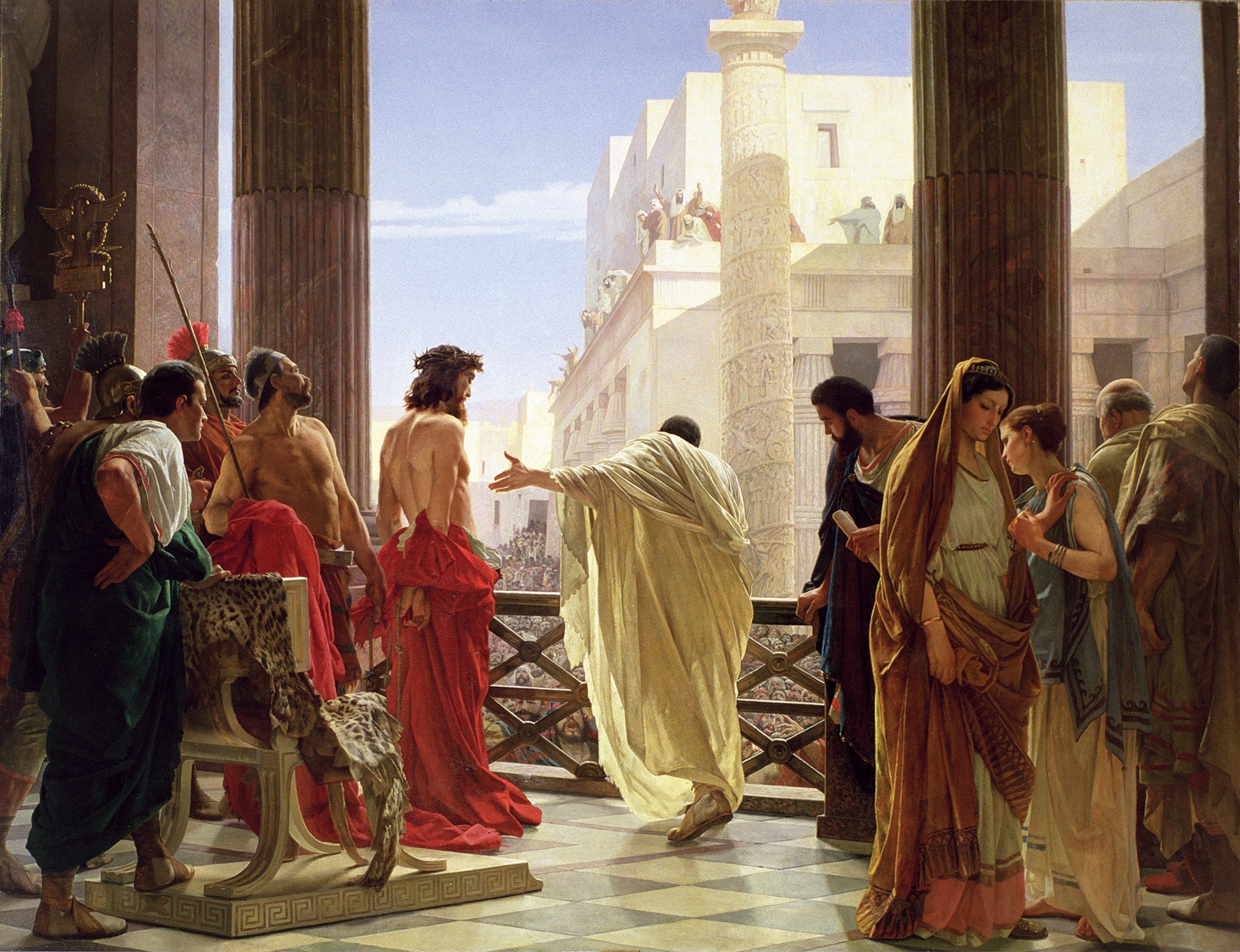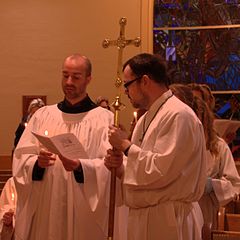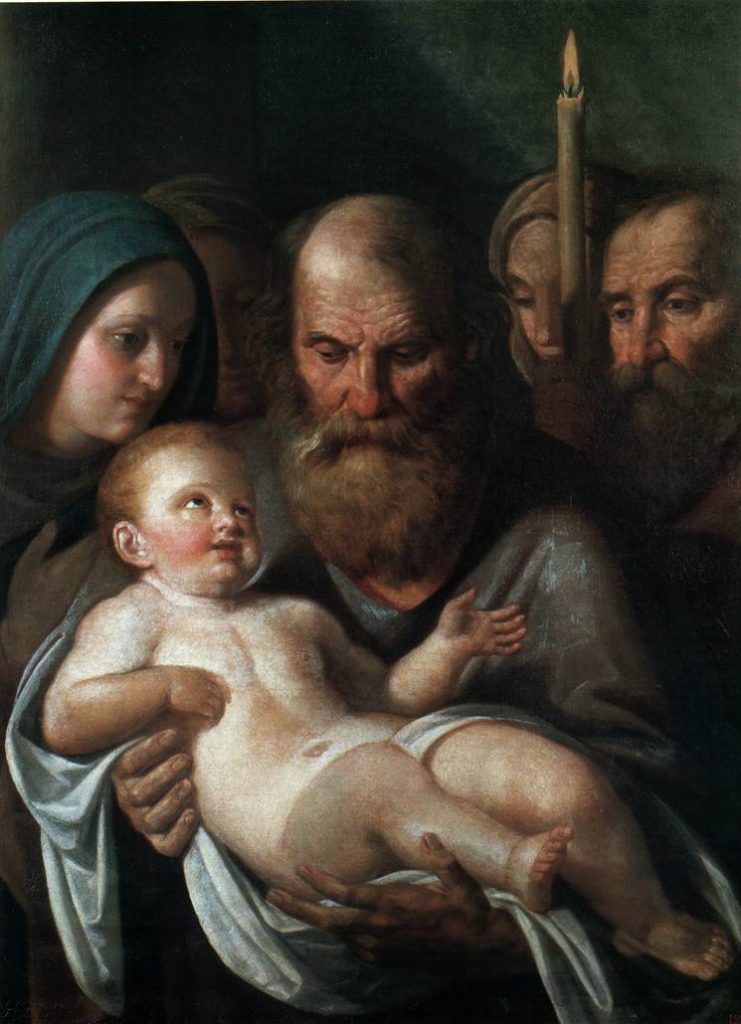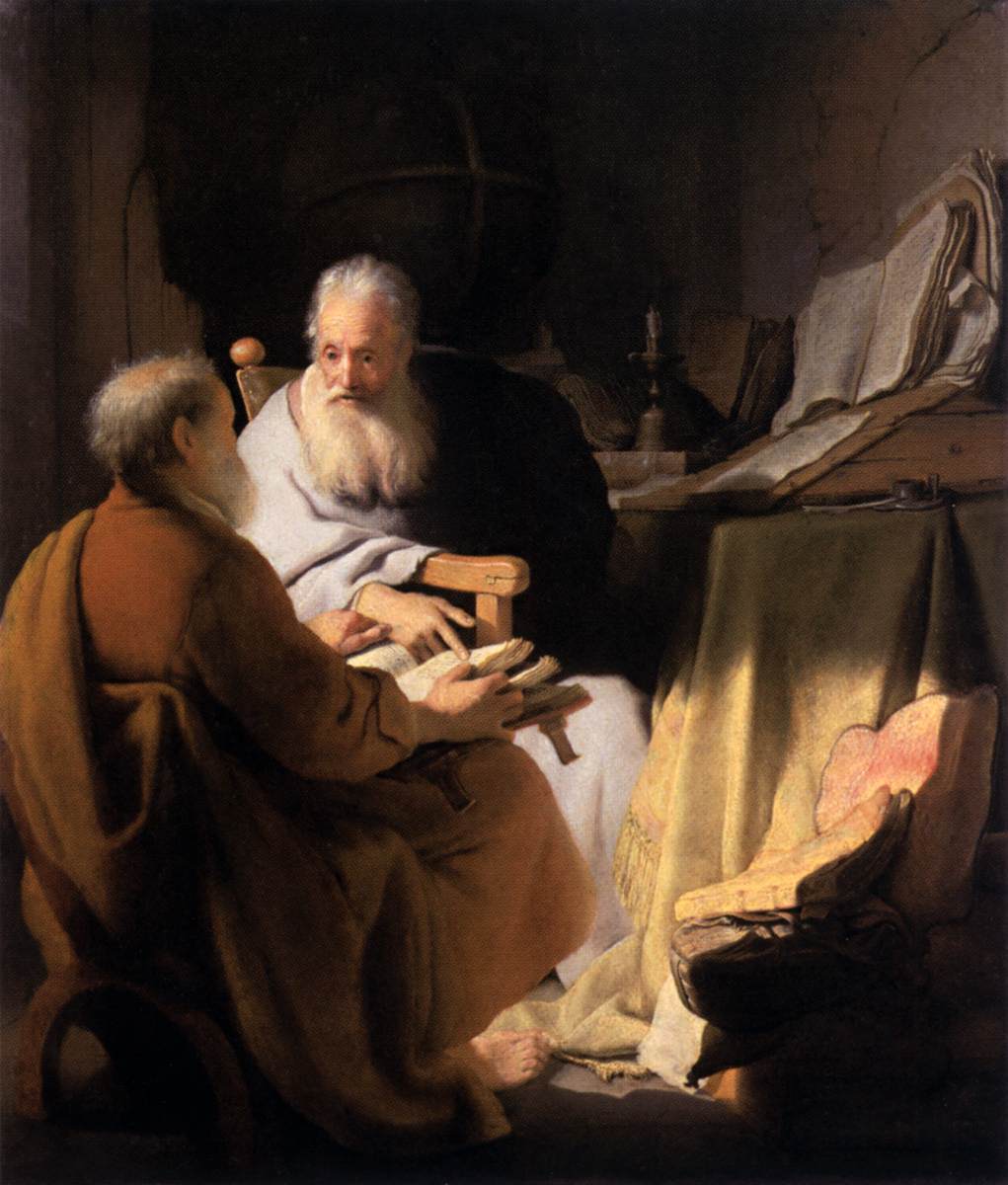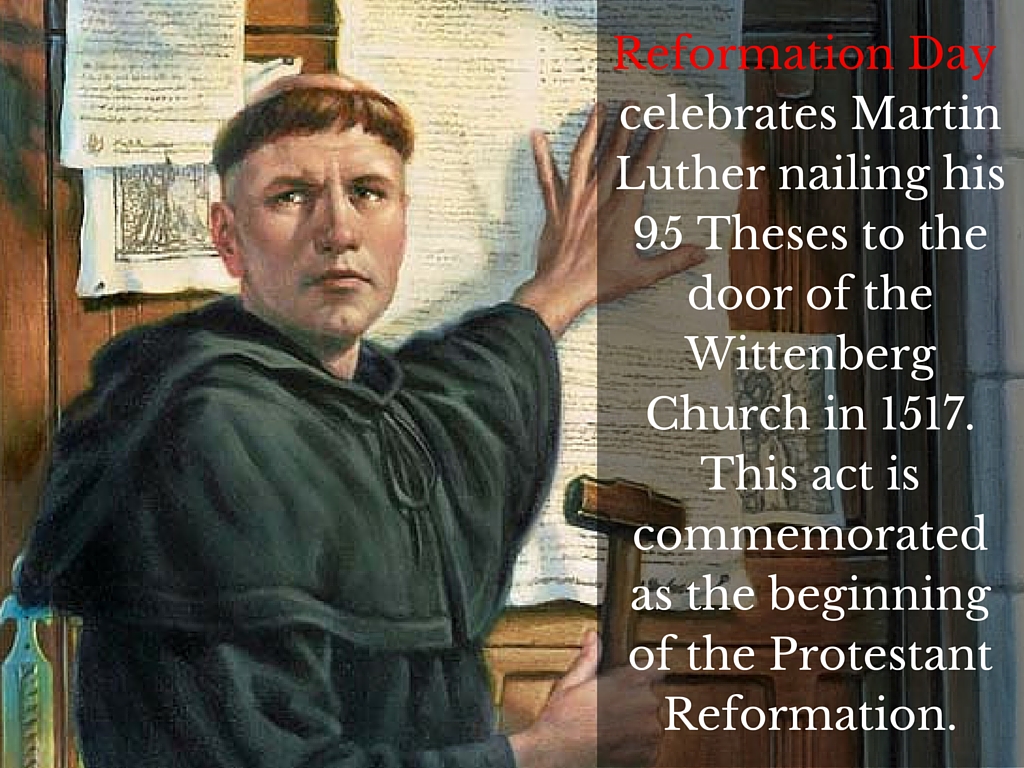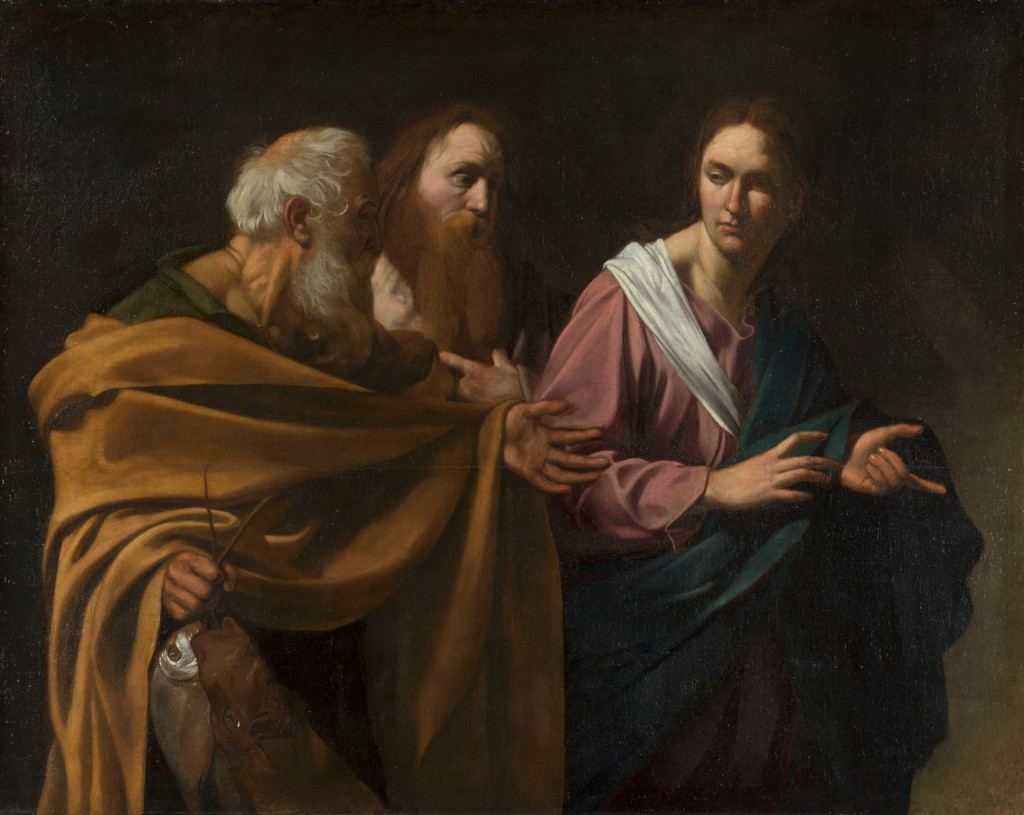* * * *

* * * *
Welcome to “read the Bible – expand your mind:”
The Book of Common Prayer says that by taking part in Holy Communion, Christians become “very members incorporate in the mystical body” of Jesus. The words “corporate” and “mystical” are key. They show that a healthy church has two sides, with the often-overlooked “mystic” side asking the question, “How do I experience God?” This blog tries to answer that.
It has four main themes. The first is that God will accept anyone. (John 6:37.) The second is that God wants us to live lives of abundance.(John 10:10.) The third is that Jesus wants us to read the Bible with an open mind. (As Luke 24:45 says: “Then He [Jesus] opened their minds so they could understand the Scriptures.”) The fourth theme – another one often overlooked – is that Jesus wants us to do even greater miracles than He did. (John 14:12.)
And this thought ties them together:
The best way to live abundantly and do greater miracles than Jesus is: Read, study and apply the Bible with an open mind. For more see the notes or – to expand your mind – see the Intro.
In the meantime:
March 1, 2026 – The last post talked about Shrove Tuesday and Ash Wednesday as marking the beginning of Lent. Which brings up something to keep in mind during this church season: While fasting and abstinence are the usual components of a Lenten discipline, Jesus said in Matthew 6:16-18, “Do not look dismal, like the hypocrites, for they disfigure their faces so as to show others that they are fasting.” Instead, He said to basically put on a happy face. That way, “your fasting may be seen not by others, but by your Father who is in secret.”
In other words, the life-long Christian pilgrimage consists of both fasting and feasting:
Lent is about both fasting and feasting… And that’s what we Christians do during Lent. We retell our story of slavery to sin and death. We remember that we are dust and into dust we shall return. We remember our helplessness and hopelessness. We remember that we are utterly dependent on God’s gift of deliverance. And we celebrate, we feast.
As for the term itself, “Lent” comes from the old English meaning lengthen. That refers to the days getting longer as we move into spring. And just as spring means the rebirth and renewal of plant life, so the season of Lent means that Christians engage in spiritual renewal. Changes in church liturgy are designed to reflect that; many omit the usual “Alleluias” – from the Hebrew for “Praise the Lord” – until Easter Sunday. And hymns are more reflective while crosses are covered with veils. Everything turns inward until Easter Sunday, when “colors brighten, the veils are removed, and the Alleluias and praises break forth in joyous celebration.”
Now about those Lenten Disciplines. For many that means giving up something. On the other hand some choose a discipline “that would add to my spiritual life.” Other ideas? “Some find meditation to be a good Lenten discipline.” Or centering prayer, “taking time to follow your breath while praying a word or phrase, like ‘Love,’ ‘Peace,’ or ‘Jesus, Son of God, have mercy.'” Or a Screen Fast: “take one day without any screens: TV, iPhone, Blackberry, computer.”
For myself, in past Lents I’ve done contemplation, on projects like researching when, how (and indeed if) Moses wrote the first five books of the Bible, the Torah. Such contemplation is “profound thinking about something.” As Wikipedia further explained, “In a religious sense, contemplation is usually a type of prayer or meditation.” And finally, there’s this:
Within Western Christianity contemplation is often related to mysticism as expressed in the works of mystical theologians such as Teresa of Avila and John of the Cross as well as the writings of Margery Kempe, Augustine Baker and Thomas Merton.
So, in so “contemplating” you could say I was in pretty good company. As for this Lent, I’ll try to finish the novel I’ve been working on for some time; a novel I hope can bring Jesus closer to a bunch of pointy-headed liberals out in California. (I’ll also try to cut down on saying nasty things about a certain person we’re all too familiar with. “Let the reader understand.”)
Which could tie in to the Collect for this Second Sunday in Lent. “O God, whose glory it is always to have mercy: Be gracious to all who have gone astray from your ways, and bring them again with penitent hearts and steadfast faith to embrace and hold fast the unchangeable truth of your Word, Jesus Christ your Son.” Wouldn’t it be pretty to think that could happen, somehow?
* * * *
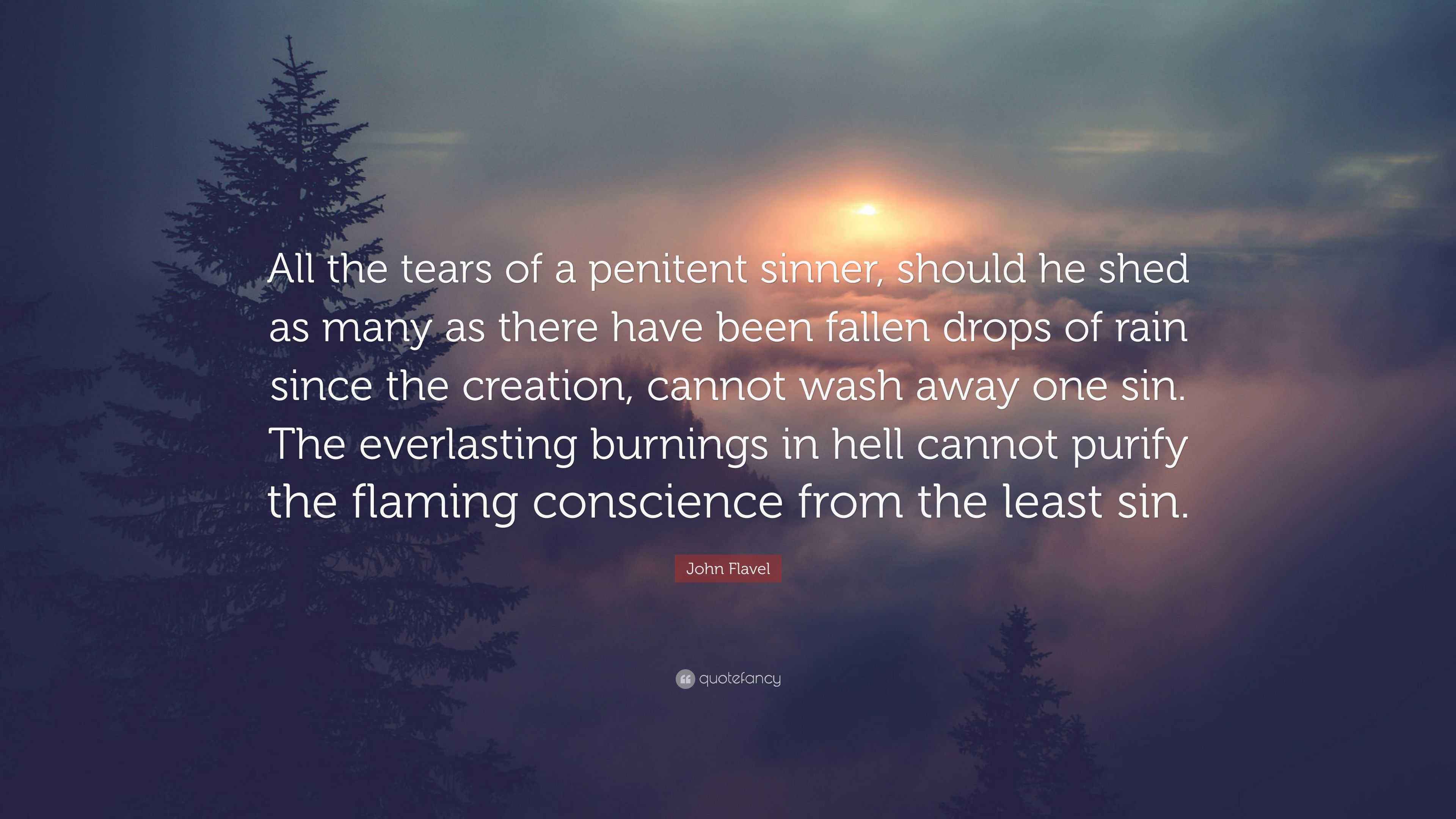
* * * *
The upper image is courtesy of Temptation of Christ – Wikipedia. The caption: “The Temptations of Christ, 12th century mosaic at St Mark’s Basilica, Venice.”
The Book of Common Prayer reference: The “corporate-mystical” prayer is on page 339, the post-communion prayer for Holy Eucharist, Rite I.
Feast days are designated days on the liturgical (church) calendar “set aside to commemorate events, saints, or doctrines that are important in the life of the Church. These can range from Solemnities, which are the highest-ranking feast days like Easter and Christmas, to optional memorials that celebrate lesser-known saints.” Feast Days: Celebrating the Church’s Calendar.
For this post I borrowed from 2016’s My Lenten meditation, On the beginning of Lent – 2018, 2023’s On “Black Saturday” weddings in Lent – and other matters, and Welcome to Lent – 2024. I also borrowed from A HANDBOOK FOR THE DISCIPLINES OF LENT.
The “wouldn’t it be pretty“ is a take on the last line of Hemingway’s novel, “The Sun Also Rises.” See Quotes – Isn’t it pretty to think so? – Shmoop.
The lower image is courtesy of Sinner Penitent Image – Image Results. I should note that even in a bigger size it’s hard to see the commas that make all the difference, so here’s that better translation: “All the tears of a penitent sinner – should he shed as many [tears] as there have fallen drops of rain since the creation – cannot wash away one sin. The everlasting burnings in hell cannot purify the flaming conscience from the least sin.” (Imagine if there were many and great.)
* * * *
As noted in the opening blurb, this blog has four main themes. The first is that God will accept anyone. (See John 6:37, with the added, “Anyone who comes to Him.”) This is a consistent theme throughout the Bible. From the Old Testament, Psalm 9:10, “You never forsake those who seek you, O Lord.” (In the Book of Common Prayer version.) The second is that God wants us to live abundantly. (John 10:10.) The third is that we should do greater miracles than Jesus. (John 14:12). A fourth theme: The only way to do all that is read the Bible with an open mind:
…closed-mindedness, or an unwillingness to consider new ideas, can result from the brain’s natural dislike for ambiguity. According to this view, the brain has a “search and destroy” relationship with ambiguity and evidence contradictory to people’s current beliefs tends to make them uncomfortable… Research confirms that belief-discrepant-closed-minded persons have less tolerance for cognitive inconsistency…
So in plain words, I take issue with what I call “Christian first graders.” Those who choose to stay in a kind of elementary-school first grade. See John the Baptist, ’24 – and “Christian First Graders,” for more. But the key point: “The Bible was designed to expand your mind,” not make it narrow. Also, there’s the idea that “Jesus was anything but negative. His goal was for you to grow and develop into all that you can be.” (For more on that see ABOUT THE BLOG, above.)
I’ve written on boot-camp Christians, the Literalists who never go “beyond the fundamentals.” But the Bible offers so much more than a narrow reading gives… (Unless you want to stay a buck private all your life…) Now, about “Boot-camp Christians” see Conservative Christian – “Career buck private?” The gist of that post: Starting the Bible is like Army Basic Training. You begin by“learning the fundamentals.” But after boot camp, you move on to Advanced Individual Training.”

And as noted in “Buck private,” one of this blog’s themes is that if you want to be all that you can be, you need to go on and explore the “mystical side of Bible reading.*” In other words, exploring the mystical side of the Bible helps you “be all that you can be.” See Slogans of the U.S. Army – Wikipedia, re: the recruiting slogan from 1980 to 2001. The related image at left is courtesy of: “toywonders.com/productcart/pc/catalog/aw30.jpg.”
Re: “mystical.” Originally the “liturgical, spiritual, and contemplative dimensions of early and medieval Christianity.” Mysticism – Wikipedia, and the post On originalism. (“What the Bible was originally about!”) See also Christian mysticism – Wikipedia, “In early Christianity the term ‘mystikos’ referred to three dimensions, which soon became intertwined, namely the biblical, the liturgical and the spiritual or contemplative… The third dimension is the contemplative or experiential knowledge of God.” As to that “experiential” aspect, see also Wesleyan Quadrilateral – Wikipedia, on the theological reflection method using four sources of spiritual development: scripture, tradition, reason, and “Christian experience.”
For an explanation of the Daily Office – where “Dorscribe” came from – see What’s a DOR?
* * * *
